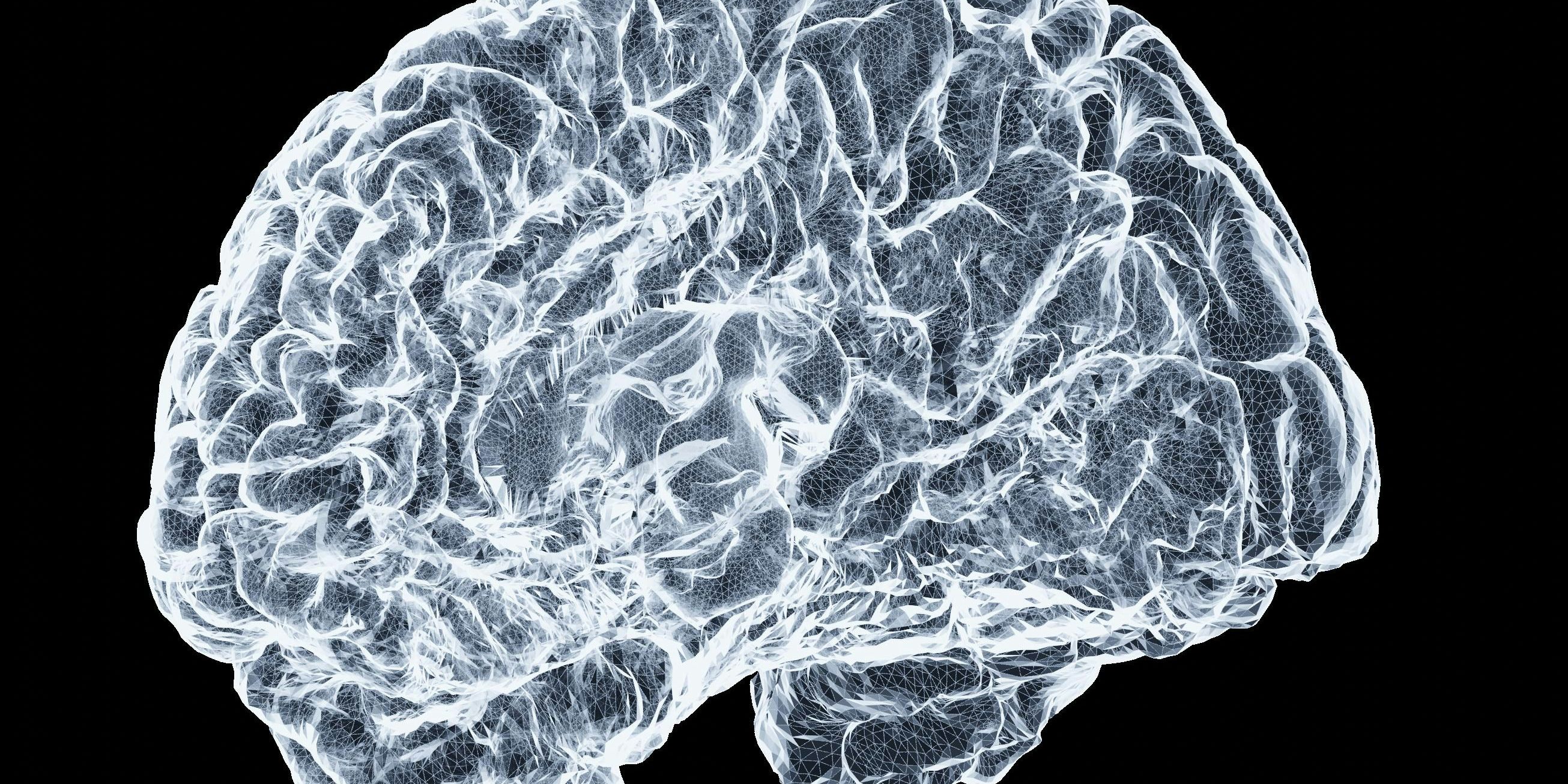TMS: Accelerated Protocols

Our Access Mission and the Standard Protocol
Improving access to psychiatric care and TMS is a key goal for our practice. It is fortunate that commercial payers and medicare cover TMS treatment for patients with treatment-resistant depression.
That said, coverage remains limited to the standard protocols that are available. This standard protocol, which is typically 36 sessions for a treatment, has more history of clinical data, but accelerated protocols are now also available that have demonstrated robust clinical efficacy.
Accelerated TMS (and Very Accelerated TMS)
While accelerated protocols are not covered by insurance today, they remain an important treatment option for those patients that need to compress treatments into a shorter period of time.
Patients have more options than they have ever had before. This area is changing rapidly as clinical investigators have generated clinical data regarding the efficacy of TMS to improve patient convenience. Some of these treatments include:
- Standard Accelerated Deep TMS
- 5-Day Accelerated
- Neuronavigation assisted (SAINT)
- 1D Protocol
We can look at each of these protocols in turn.
Standard Accelerated
This protocol is based on recent data that was generated by Brainsway, in a multi-site clinical study enrolling 104 patients.
Their research demonstrated that patients can receive multiple TMS sessions per day (typically 2-3 sessions) with a minimum interval of 20 minutes between sessions. This approach maintains clinical efficacy while reducing the overall treatment duration from 6 weeks to approximately 2-3 weeks. The accelerated protocol follows the same stimulation parameters as the standard protocol but condenses the treatment timeline. Patients still receive the full 36 sessions, but complete them in a shorter timeframe. This option is particularly beneficial for patients who cannot commit to a 6-week treatment course due to work obligations, travel constraints, or acute symptom severity requiring faster intervention.
Highlights of the data, which was announced here, reflected strong efficacy and tolerability with response rates of 87.8% and remission rates of 78.0% in the accelerated treatment group compared to 87.5% and 87.5% in the standard treatment. Time to remission was accelerated also at 21 days (median) vs. 28 days for the standard group.
The full pdf of this study is here.
5-Day Accelerated TMS Protocol
The 5-Day Accelerated TMS protocol represents one of the most condensed treatment approaches available today. This protocol delivers multiple TMS sessions per day (typically 10 sessions) over just five consecutive days, making it significantly more intensive than standard accelerated protocols.
This intensive approach is based on research suggesting that delivering multiple TMS sessions in a compressed timeframe may produce rapid and significant clinical improvements. The protocol typically involves 50 total sessions (10 sessions per day for 5 days), with 30-minute to 50-minute intervals between treatments.
The clinical outcomes for the 5-Day Accelerated protocol have been promising, with studies showing rapid symptom improvement that can be comparable to longer treatment courses. Patients often report noticeable mood improvements within the treatment week, though some may require maintenance sessions in the weeks following the intensive treatment period.
This protocol is particularly well-suited for patients who:
- Need rapid symptom relief due to severe depression
- Have geographic constraints that make daily visits over several weeks impractical
- Cannot take extended time away from work or family responsibilities
- Have failed to respond to standard TMS protocols
- Prefer a condensed treatment timeline for personal reasons
While the 5-Day Accelerated protocol offers significant convenience advantages, it requires careful patient selection and monitoring due to its intensity. Our clinical team conducts thorough evaluations to determine if this approach is appropriate based on the patient's medical history, symptom severity, and individual circumstances.
SAINT Protocol (Stanford Accelerated Intelligent Neuromodulation Therapy)
The SAINT protocol represents one of the most advanced and personalized approaches to accelerated TMS treatment. Developed at Stanford University, this protocol combines several innovative elements that distinguish it from other TMS approaches.
SAINT Protocol (Stanford Accelerated Intelligent Neuromodulation Therapy)
The SAINT protocol represents one of the most advanced and personalized approaches to accelerated TMS treatment. Developed at Stanford University, this protocol combines several innovative elements that distinguish it from other TMS approaches:
- Neuronavigation: SAINT uses MRI-guided precision targeting to identify the exact location for stimulation in each individual patient's brain, ensuring optimal treatment delivery.
- Accelerated Schedule: The protocol delivers 10 sessions per day (50 total sessions) over just 5 consecutive days, similar to the 5-Day Accelerated protocol.
- Individualized Targeting: Rather than using standardized locations, SAINT identifies the specific subregion of the dorsolateral prefrontal cortex that connects to the subgenual anterior cingulate cortex in each patient.
- Higher Pulse Frequency: SAINT typically uses a higher stimulation intensity (90% of motor threshold) and delivers more pulses per session than standard protocols.
- Clinical research on the SAINT protocol has shown remarkable results, with one study reporting a 90% remission rate in treatment-resistant depression patients.
- The rapid onset of action—often within days—makes this an attractive option for patients with severe symptoms requiring urgent intervention.
- While SAINT represents the cutting edge of TMS technology, it is important to note that this protocol requires specialized equipment and training.
- Our practice is committed to staying at the forefront of these advancements to provide our patients with the most effective treatment options available.
1D Protocol (Investigational)
The 1D Protocol is an ultra-accelerated approach that aims to deliver a complete course of TMS treatment in a single day. This innovative protocol represents the frontier of compressed TMS delivery and is currently being investigated in research settings. Key features of the 1D Protocol include:
- Single-Day Delivery: All stimulation sessions are completed within one day, typically over 8 hours with appropriate breaks.
- Multiple Session Blocks: The treatment is divided into blocks of stimulation with rest periods in between to ensure patient comfort and safety.
- Intensive Monitoring: Due to the compressed nature of this protocol, patients receive continuous clinical monitoring throughout the treatment day.
A key paper outlining this approach is here, by the Downar laboratory in University of Toronto. Titled “Real-world effectiveness of a single-day regimen fortranscranial magnetic stimulation using Optimized,Neuroplastogen-Enhanced techniques in Depression(ONE-D)”, this study demonstrated that delivering multiple sessions of intermittent theta burst stimulation within a single day could produce significant antidepressant effects while maintaining good tolerability. The researchers found that this ultra-condensed approach showed promise for patients needing rapid intervention.
.png&w=3840&q=75)

